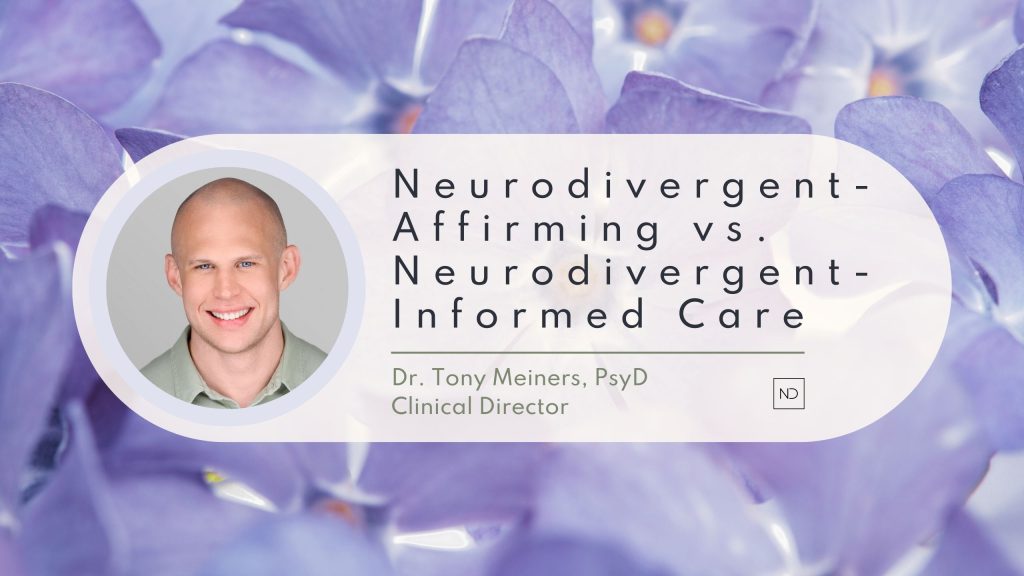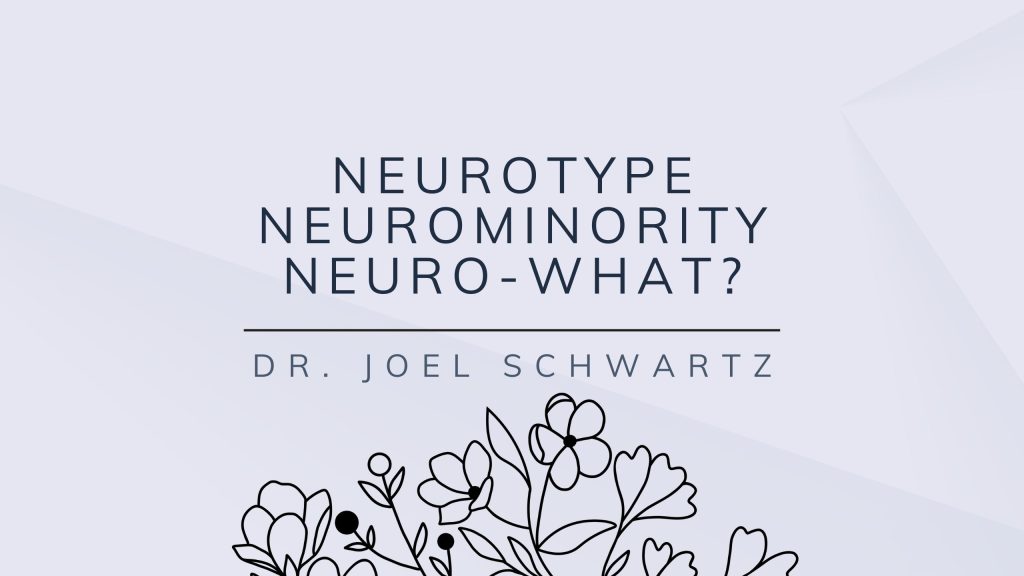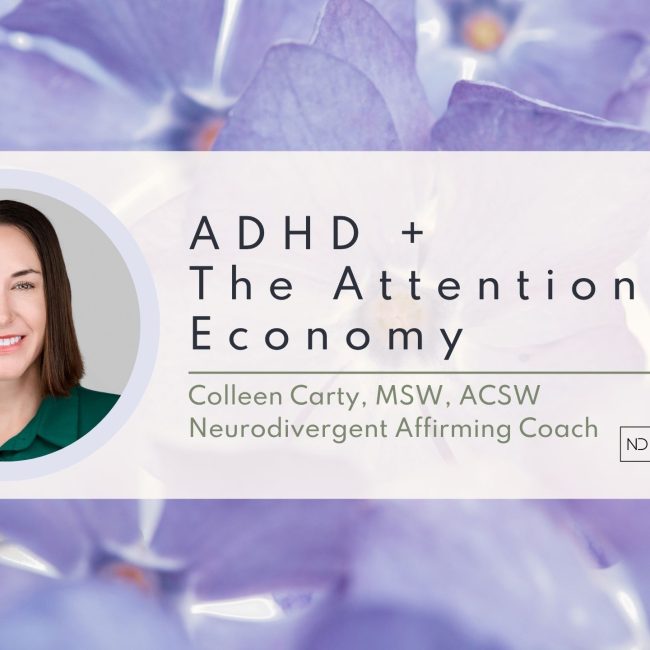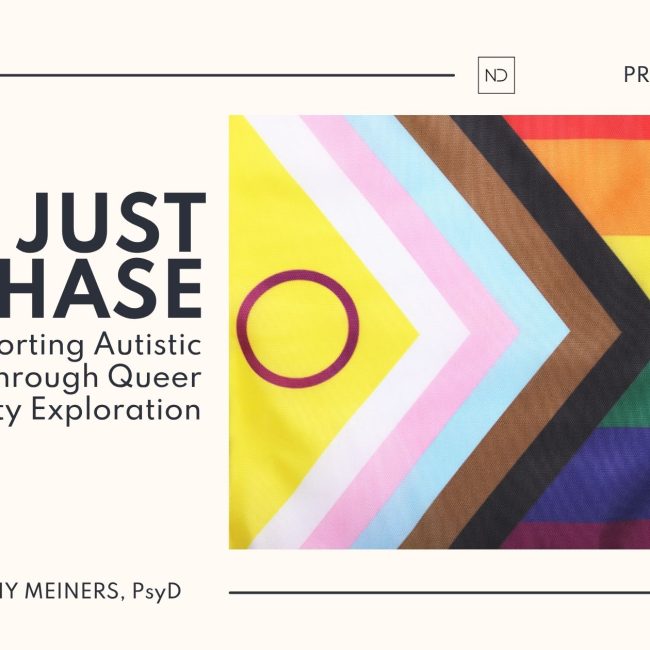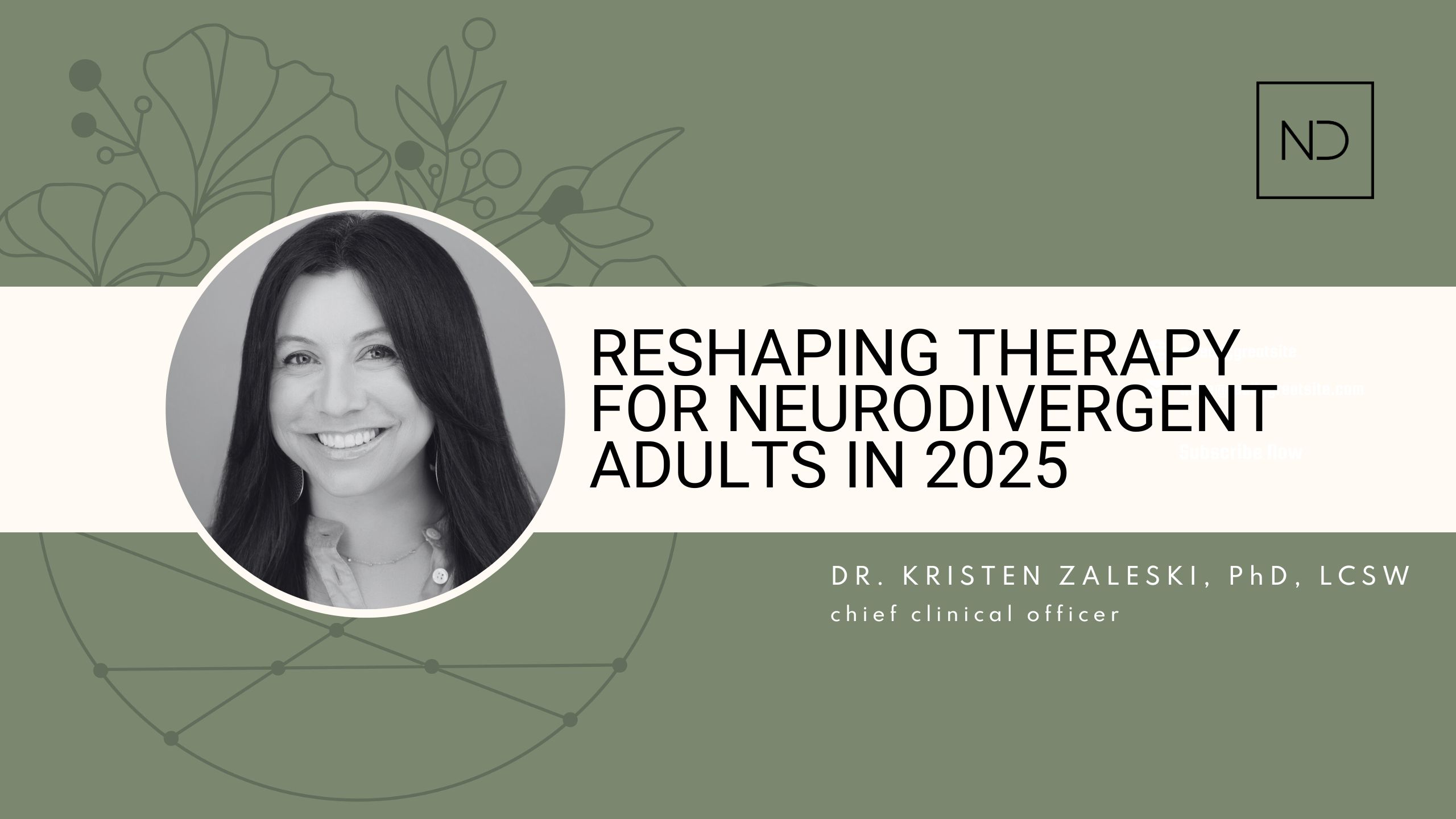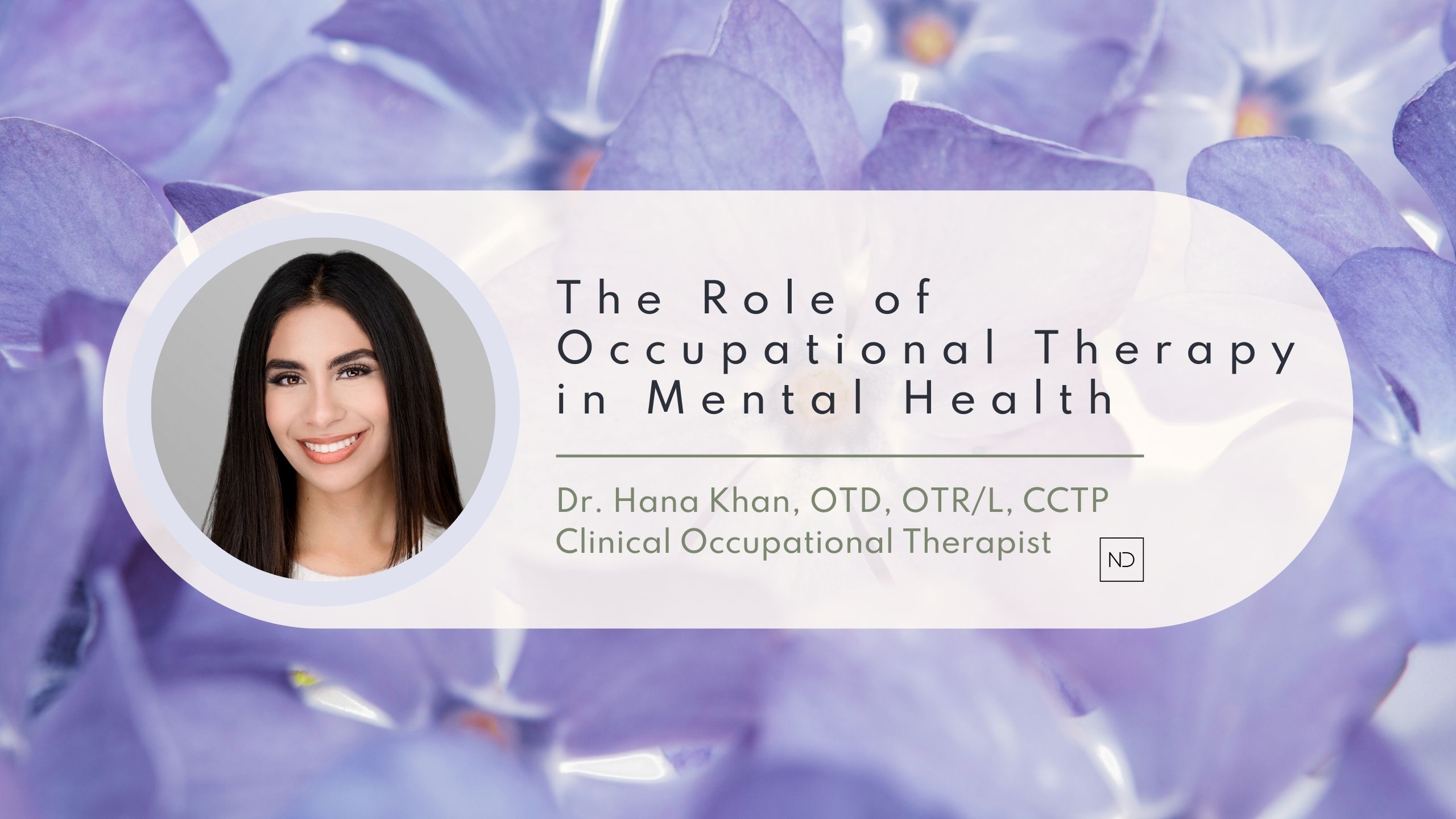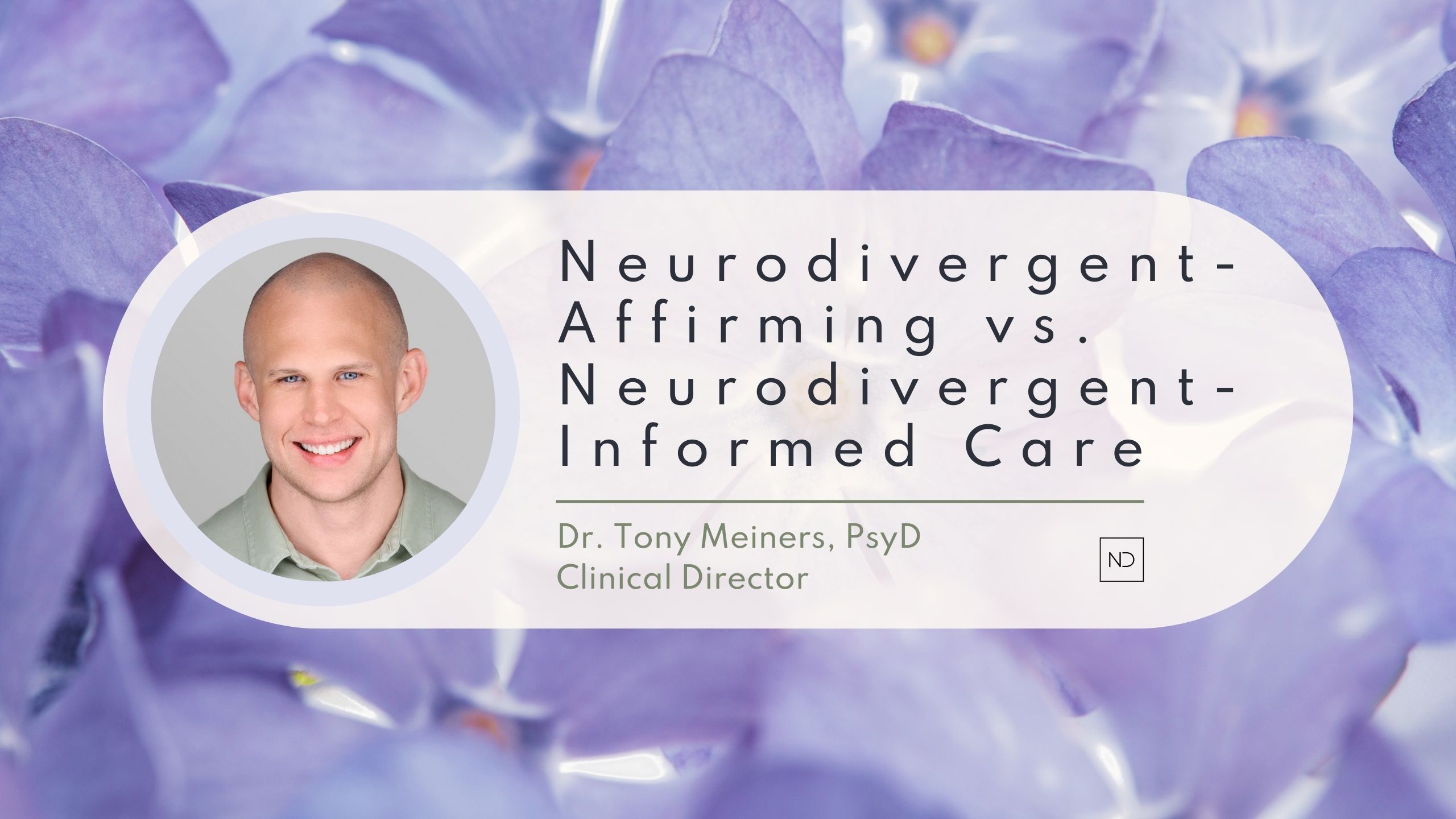
Great Minds Are Not All the Same: Reclaiming Identity Through Neurodivergent-Affirming Care
Dr. Tony Meiners to Present on Reclaiming Identity Through Neurodivergent-Affirming Care
KENT, CT – June 18th, 2025 – GREAT MINDS ARE NOT ALL THE SAME will feature Dr. Meiners presenting alongside Temple Grandin on June 18th at the High Watch Recovery Center event. Dr. Meiners’ presentation offers a critical examination of traditional approaches to neurodivergent care and proposes a paradigm rooted in affirmation, collaboration, and identity development. Grounded in both clinical experience and neurobiological research, the talk traces the historical pathologization of neurodivergence—from institutionalization and behavioral compliance to current models of strength-based, neurodivergent-affirming practice. Emphasis is placed on the impact of social constructs, the internalization of diagnostic labels, and the critical need to move beyond symptom reduction as the sole marker of progress.
Key constructs discussed include scene construction deficits, time blindness, and masking, along with their implications for memory access, future planning, emotional regulation, and therapy engagement. Clinical adaptations are explored across several modalities, including EMDR, narrative therapy, and DBT. Each of these modalities are reimagined through the lens of neurodivergent identity and lived experience. Practical tools such as communication menus, shutdown care plans, and sensory-based interventions are provided as examples of how clinicians can better support autonomy, safety, and meaning-making.
At The Neurodivergent Collective, these principles are foundational to the model of care. The clinical team centers collaboration, consent, and client-led identity work in every aspect of treatment. Rather than asking neurodivergent individuals to conform to neurotypical norms, the team co-create environments where difference is not only supported but valued. The neurodivergent Collective approach acknowledges the deep harm caused by masking, compliance-driven therapy, and deficit-based language, and instead seeks to promote resilience through authenticity, accessibility, and attuned relational care.
This presentation will challenge providers to examine the assumptions embedded in their clinical frameworks and encourages a shift from normalization to affirmation. Neurodivergent-affirming care is not simply a theoretical stance—it is a necessary evolution in ethical, trauma-informed, and culturally responsive practice. By understanding neurodivergence as a valid expression of human diversity, clinicians can help clients reclaim their identities and participate in care that honors who they are, not who they are expected to be.
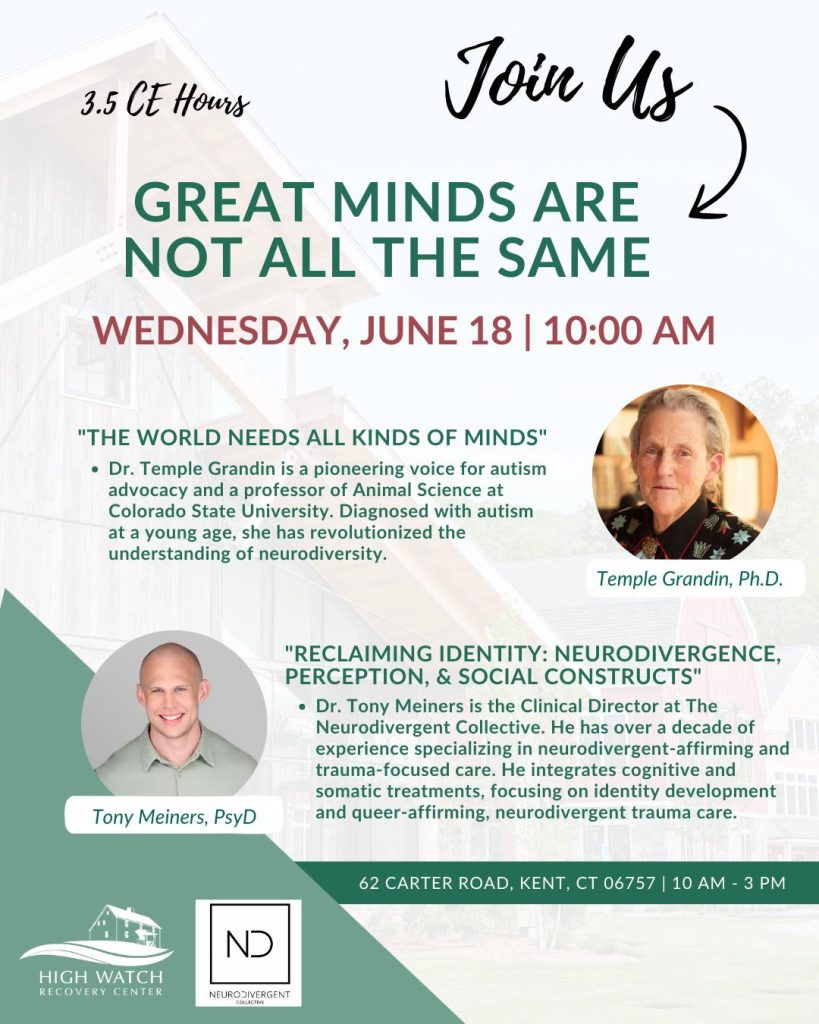
Do you have a question?
Send us a message


